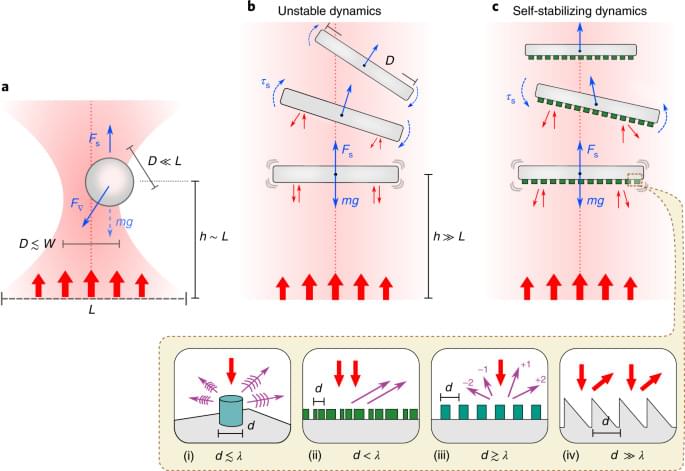New books on intelligence, medicinal cocktails, galactic history, and more.



Circa 2008
Marshall Space Flight Center.
A laboratory-model Hall-effect spacecraft thruster was developed that utilizes bismuth as the propellant. Xenon was used in most prior Hall-effect thrusters. Bismuth is an attractive alternative because it has a larger atomic mass, a larger electron-impact-ionization cross-section, and is cheaper and more plentiful.
The design of this thruster includes multiple temperature-control zones and other features that reduce parasitic power losses. Liquid bismuth (which melts at a temperature of 271°C) is supplied by a temperature-controlled reservoir to a vaporizer. The vaporizer exhausts to an anode/gas distributor inside a discharge channel that consists of a metal chamber upstream of ceramic exit rings. In the channel, bismuth ions are produced through an electron impact ionization process and accelerated as in other Hall-effect thrusters. The discharge region is heated by the discharge and an auxiliary anode heater, which is required to prevent bismuth condensation at low power levels and at thruster start-up. A xenon discharge is also used for preheating the discharge channel, but an anode heater could provide enough power to start the bismuth discharge directly.


Circa 2019
Mechanical stability of macroscopic structures on the millimetre-, centimetre-and even metre-scale could be realized by tailoring the anisotropy of light scattering along the object’s surface, without needing to focus incident light or excessively constrain the shape, size or material composition of the object.

According to a research paper published in Nature, astronomers detected a “really weird” object 4,000 lightyears distant from Earth. Every other minute, the object vanishes from view and produces a massive burst of radio waves three times an hour. Tyrone O’Doherty, a Curtin University student, first noticed the enigmatic object while scanning the sky in […].

The frightening future implications of new report from researchers at the Weizmann Institute of Science in Israel caused a stir among observers of the international science community.
Using neither sperm nor egg, researchers created the world’s first synthetic mouse embryo and watched it grow for over eight days inside of a specially designed bioreactor that served as a womb, according to Live Science Magazine.
The article describes what occurs inside the artificial womb. “Within the device, embryos float in small beakers of nutrient-filled solution, and the beakers are all locked into a spinning cylinder that keeps them in constant motion. This movement simulates how blood and nutrients flow to the placenta. The device also replicates the atmospheric pressure of a mouse uterus.”


For one month Rob Greenfield lived just like the average person and WORE every single piece of trash he created. Why? To create a visual of how much trash just one of us creates and serve as a mirror to society to self-reflect, question habits and explore alternatives to live in balance with Earth.
Rob Greenfield is an activist and humanitarian dedicated to leading the way to a more sustainable and just world. He embarks on extreme projects to bring attention to important global issues and inspire positive change. His work has been covered by media worldwide including National Geographic and he’s been named “The Robin Hood of modern times” by France 2 TV. This talk was given at a TEDx event using the TED conference format but independently organized by a local community.
Nicely done Tim!
https://www.timventura.com — Dr. Natasha Vita-More discusses transhumanism, human augmentation, life extension, and cryopreservation, and provides valuable insights into the latest medical advances empowering body augmentation & super-longevity in humans.
Our interview begins with a philosophical discussion of transhumanism, including what it is and why this emerging community is growing so rapidly — as it is driven forward by rapid advances in medical technology and an aging boomer population.
We also discuss the work of Dr. David Sinclair, Liz Parrish and Bioviva Sciences, Alcor, and a collection of notable authors, thinkers, and scientists pushing the boundaries of what it means to be human in the 21st century.
Dr. Natasha Vita-More is a pioneering leader and community organizer in transhumanism, and a proponent of human rights, morphological freedom, and ethical means for human enhancement.